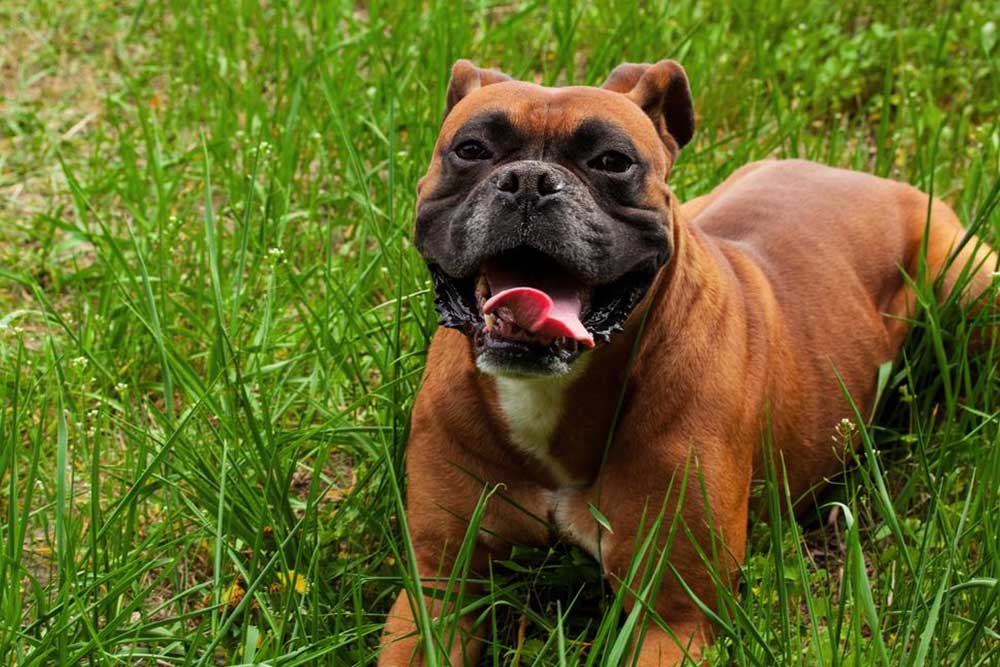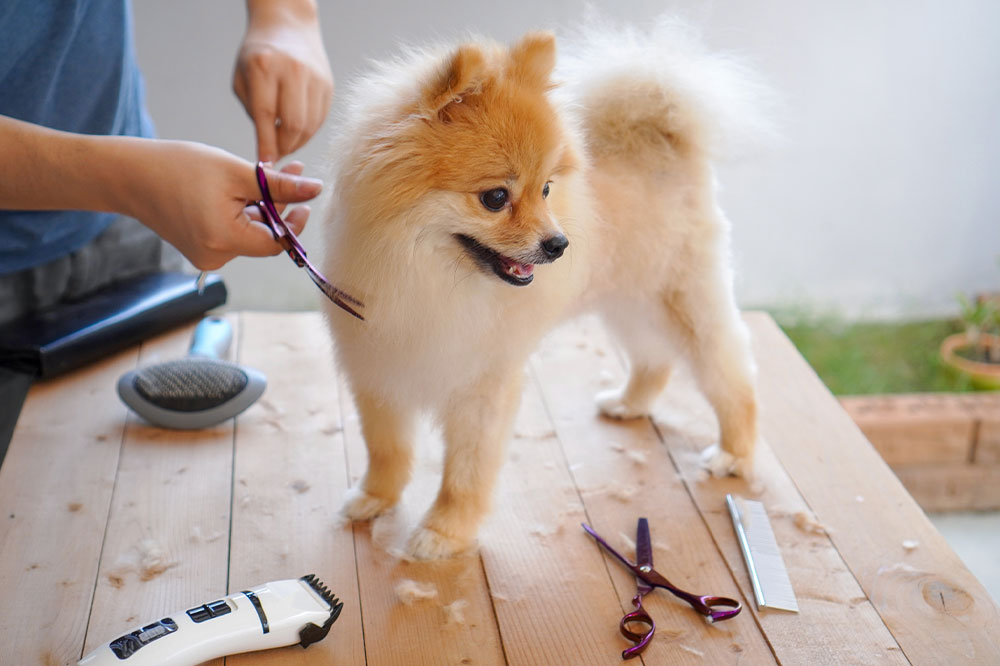Comprehensive Guide: Essential Questions to Ask When Selecting a Boxer Puppy from a Reputable Breeder
Discover essential questions to ask breeders before bringing home a Boxer puppy. Learn about proper breeding practices, health documentation, and how to prepare your home for this energetic and friendly breed. Ensure you select a healthy, well-socialized puppy for a lasting companionship with your new Boxer. This comprehensive guide helps prospective owners understand the crucial factors involved in choosing the right breeder and puppy to match their lifestyle and ensure a happy, healthy life together.

Important Considerations and Key Questions When Choosing a Boxer Puppy from a Breeder
Boxers are energetic, affectionate, and playful dogs that have captured the hearts of many pet lovers around the world. Renowned for their friendly demeanor, loyalty, and alertness, they make excellent companions for active families and serve as natural protectors. The American Kennel Club ranks Boxers as the 11th most popular breed in the United States, underscoring their widespread appeal and suitability for diverse households. If you’re considering adding a Boxer puppy to your family, it’s crucial to ask the right questions to ensure you’re acquiring a healthy, well-bred puppy from a responsible breeder.
Typically, Boxer puppies become available for adoption at around eight weeks old. However, if your lifestyle doesn’t support young puppies, or if you have young children, you might want to consider adopting older puppies or adult dogs. Older dogs often adapt more easily to household routines and may require less intensive training. Regardless of the age, ensuring the health, socialization, and proper upbringing of your new pet is essential for a happy and harmonious bond.
Boxer puppies are known for their high energy levels and curiosity. To prevent behavioral issues down the line, early socialization and proper breeding practices are vital. Before purchasing your puppy, inquire about specific aspects of the breeding process. For instance, was the puppy’s tail docked shortly after birth? Do they perform ear cropping, and if so, at what age? Although ear cropping is optional, it is commonly done between six and nine weeks of age, aligning with certain aesthetic preferences. It’s advisable to coordinate with your breeder about these procedures and plan to bring the puppy home after the healing process is complete.
A reputable breeder should be transparent about their breeding practices and provide essential documentation to ensure you’re making an informed decision. These documents typically include:
Pedigree Information: Comprehensive details about the puppy’s lineage, including three- or four-generation pedigree charts of the parents, along with their American Kennel Club (AKC) registration numbers. This information helps verify the health, breed purity, and breeding standards.
AKC Registration: Official registration papers that specify essential information such as the puppy’s date of birth, registration number, sex, and details about the puppy’s parents and breeder. AKC registration is a standard requirement for pedigree verification and record-keeping.
Beyond registration and pedigree, breeders should also provide detailed health records and care information:
Vaccination Records: Documentation of all vaccinations administered, including dates and types of vaccines. Regular vaccinations are crucial for preventing common infectious diseases. Your veterinarian can help you plan future vaccination schedules.
Worming and Parasite Control: Records of deworming treatments, including medication names and administration dates. Continued parasite prevention can be crucial for your puppy’s health.
Dietary Guidelines: Request guidance on transitioning your puppy to your home’s diet. Maintaining consistent feeding routines as per the breeder’s recommendations can prevent digestive issues. Typically, puppies should be fed in small, manageable portions twice daily to support growth and energy levels.
Preparing your home before bringing your Boxer puppy is equally important. Puppy-proofing your living space involves removing hazards, such as electrical cords, sharp objects, and accessible toxins—these are common targets for curious puppies. Ensuring a safe environment will help your new furry friend develop healthy habits and stay safe as they explore their new surroundings.




